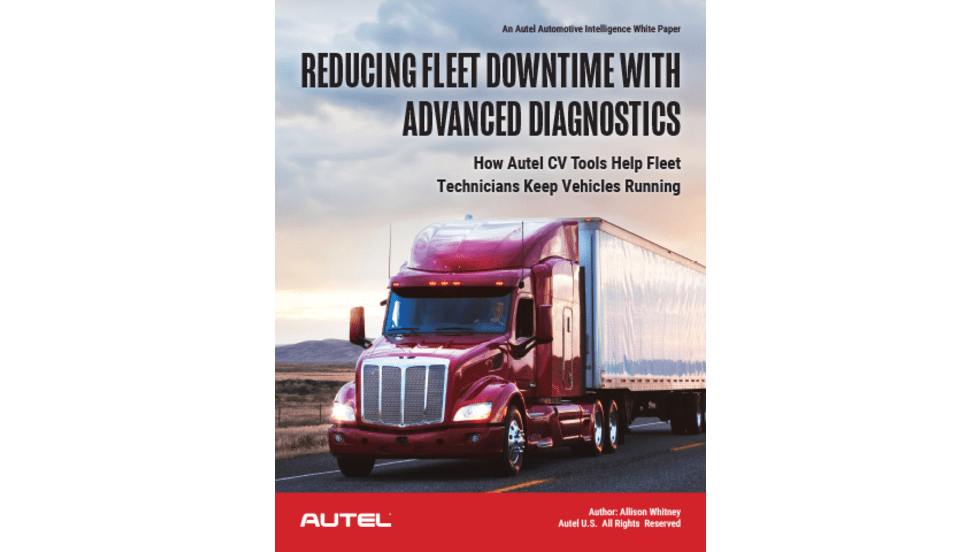Time is money in the trucking business, and nothing hurts carriers, shippers and brokers more than wasted time. But while everyone may agree that excessive detention is a problem, solving the issue is a delicate balancing act with no side willing to take full blame.
The Transportation Intermediaries Association recently released a report examining the detention issue, talking to players on all sides. TIA interviewed shippers, brokers and carriers for the case study and found that all sides viewed detention as an opportunity to execute new policies that might remove the friction point.
Some fleets are more susceptible to detention problems than others. Those with a length of haul greater than 500 miles will likely only encounter detention once, at the very end of a trip, while regional haulers could encounter it several times a day. Refrigerated loads were also found to have more negative detention experiences.
On the carrier side, fleets such as Navajo Express told TIA that they are finding that its customers are getting worse about getting loads in and out in a timely manner, while simultaneously resisting paying penalties for detention.
Detention pay is one way that some fleets are trying to recoup some of that lost time. Generally, TIA found that most parties agreed that detention longer than two hours should be a billable event.
Shippers might not want to pay the extra costs, especially since to avoid detention would require paying more for labor at facilities. However, Del Monte Foods found that when it changed its detention pay policy from three hours to two hours, overall transportation costs decreased, due to fewer detention charges and being able to negotiate more favorable rates with carriers.
In order to charge for detention, fleets and customers are using a variety of methods to track it. Some participants in the report tracked it by hand, asking drivers to sign off on the time shown to verify accuracy.
Others use more sophisticated methods such as asset tracking sensors. Carriers commonly use geofencing to track when trucks arrive and leave the grounds of a facility. A side benefit to more sophisticated tracking methods, the study found, was that fleets and shippers were able to be more proactive about resolving detention problems in the moment.
Of course, detention times can have causes other than understaffed or overworked facilities. Scheduling accuracy was a huge point of contention for the study. Shippers didn’t want trucks arriving hours late or hours early.
Some shipper participants in the study flat out refused to pay detention if a truck arrived 30 minutes late. Del Monte Foods only allowed a 15-minute window before the company refused to pay detention. Some companies offered forgiveness on the policy if fleets notified the facility of a late arrival at least four hours out.
The study also looked at the strategy of carriers and 3PLs using drop-and-hook trailer pools at customer locations. However, the strategy requires a large investment from the fleet and also requires them to track dropped trailers so they aren’t sitting unused or being taken advantage of by customers.
With ELDs tracking hours more strictly and a looser freight environment removing some of the power from carriers and 3PLs to only take the best shipments, detention is a problem that is going to be around for a while, according to the study. However, as Del Monte Foods’ vice president of transportation and logistics says in TIA’s report, “At the end of the day, I need reliable carriers, drivers and equipment. You’ve got to let your walk match your talk.”














